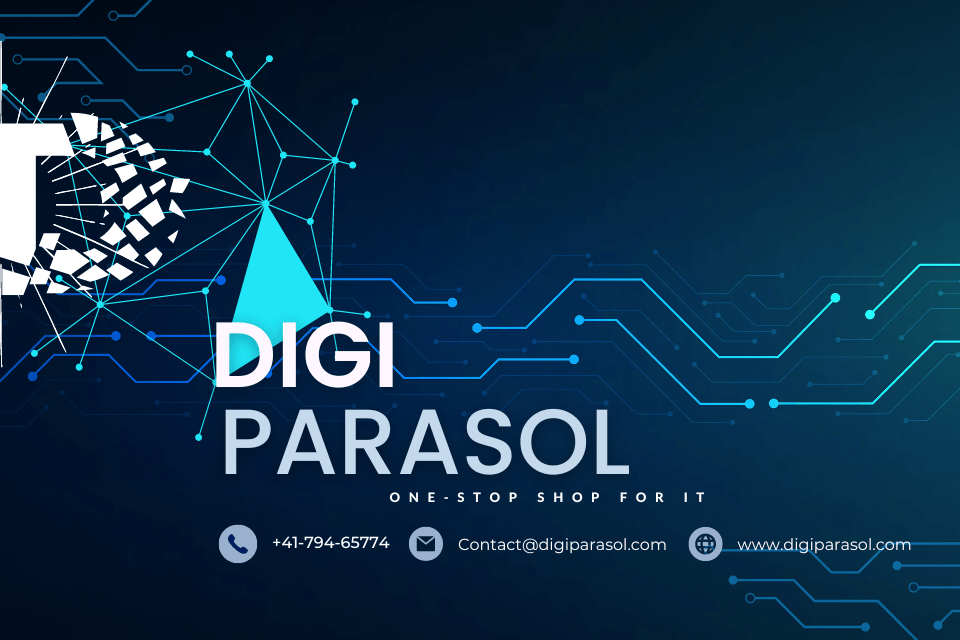The Art of Effective Communication: Mastering the Skill of Listening
In a world filled with constant noise and distractions, the art of effective communication has become more important than ever. Whether you are trying to connect with a loved one, communicate with colleagues at work, or simply navigate everyday interactions, mastering the skill of listening is essential. In this blog post, we will explore the benefits of effective communication through listening, as well as provide tips on how to get started and the essential equipment needed to succeed.
Benefits of The Art of Effective Communication
Effective communication is the foundation of any successful relationship or interaction. By mastering the skill of listening, you can experience a wide range of benefits, including:
1. Improved Relationships: Listening actively to others shows that you value and respect their thoughts and opinions. This can help strengthen relationships and build trust with those around you.
2. Enhanced Problem-Solving: By truly listening to others, you can gain a better understanding of their perspective and work together to find solutions to any challenges that may arise.
3. Increased Empathy: Listening allows you to connect with others on a deeper level and understand their emotions and experiences. This can help you develop empathy and compassion towards others.
4. Boosted Productivity: Effective communication through listening can lead to clearer instructions, better collaboration, and more efficient problem-solving, ultimately leading to increased productivity in both personal and professional settings.
Tips on Getting Started
If you are looking to improve your listening skills and become a more effective communicator, consider the following tips to get started:
1. Practice Active Listening: Focus on the speaker and show that you are engaged by maintaining eye contact, nodding your head, and asking clarifying questions.
2. Avoid Distractions: Minimize distractions, such as checking your phone or multitasking, when someone is speaking to you to show that you are fully present and attentive.
3. Reflect and Respond: Take the time to reflect on what the speaker is saying before responding. This will show that you have truly listened and understood their message.
4. Be Open-Minded: Approach conversations with an open mind and a willingness to learn from others, even if their perspectives differ from your own.
Essential Equipment for Effective Communication
While effective communication primarily involves listening and engaging with others, there are a few essential pieces of equipment that can help facilitate the process:
1. A Quiet Environment: Find a quiet, distraction-free environment to have conversations or meetings to ensure that you can fully focus on listening to the speaker.
2. Note-Taking Tools: Keep a notebook or digital device handy to jot down important points or take notes during conversations. This can help you remember key details and follow up on any action items discussed.
3. Communication Tools: Utilize communication tools, such as email, phone calls, or video conferencing software, to stay connected with others and maintain open lines of communication.
Mastering the art of effective communication through listening is a valuable skill that can benefit you in all aspects of your life. By practicing active listening, minimizing distractions, and approaching conversations with an open mind, you can improve your relationships, enhance problem-solving abilities, and boost productivity. So, equip yourself with the essential tools and techniques outlined in this blog post, and start mastering the skill of listening today.


